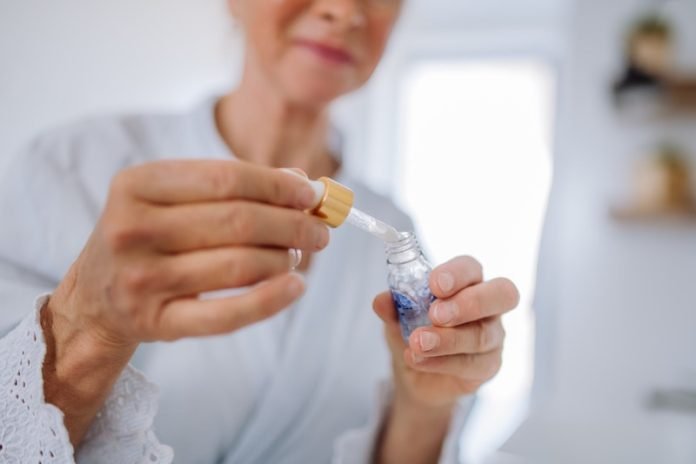
Parkinson’s disease is a condition that affects the brain, making it hard for people to move and balance.
It seems that a chemical called TCE, or trichloroethylene, may make people more likely to get this disease.
A recent study suggests that being around a lot of TCE for two years can increase the chance of getting Parkinson’s disease by 70%.
What is TCE?
TCE is a liquid that has been used in many ways over the past 100 years. It used to be used as an anesthetic during surgery, until it was banned in 1977.
More recently, it was used to clean grease off things. Now, it is mainly used to clean metal parts in factories.
The problem is, when TCE gets heated up, it turns into a vapor and can get into the air, water, and soil, where it stays for a long time.
The Study: TCE and Parkinson’s Disease
In the study, researchers looked at about 160,000 people who had been in the Navy and Marine veterans.
Half of them were from a place called Camp Lejeune in North Carolina, where TCE was used a lot and got into the water. The other half were from Camp Pendleton in California, where the water was clean.
The researchers found that the people from Camp Lejeune were 70% more likely to have Parkinson’s disease than the people from Camp Pendleton.
The average age when people got Parkinson’s disease was 54 at Lejeune and 53 at Pendleton. This shows that it took a long time for the disease to show up after people were around TCE.
TCE in the General Population
It’s not just people in the military who need to worry about TCE. Samuel M. Goldman, MD, MPH, one of the researchers, pointed out that TCE can be found in the water supply in many parts of the United States.
TCE is still being used a lot, and more of it is being made now than in the past. It’s hard to know if you’ve been around TCE, unless you’ve worked with it directly.
Even though our bodies can get rid of TCE quickly, many people still have some amount of it in their bodies.
Early Signs of Parkinson’s Disease
The researchers also found that people from Camp Lejeune were more likely to have early signs of Parkinson’s disease.
These can include loss of smell, trouble sleeping, feeling anxious or depressed, and constipation.
Even though only a few people with these signs will actually get Parkinson’s, it’s still a good idea to keep an eye out for them.
Caroline M. Tanner, MD, Ph.D., another one of the researchers, explained that these early signs can be used to guess if someone might get Parkinson’s in the future.
People from Camp Lejeune had higher scores on a test that measures these signs, meaning they might be more likely to get Parkinson’s later on.
If you care about Parkinson’s disease, please read studies about Vitamin E that may help prevent Parkinson’s disease, and Vitamin D could benefit people with Parkinson’s disease.
For more information about brain health, please see recent studies about new way to treat Parkinson’s disease, and results showing COVID-19 may be linked to Parkinson’s disease.
The study was published in JAMA Neurology.
Copyright © 2023 Knowridge Science Report. All rights reserved.



